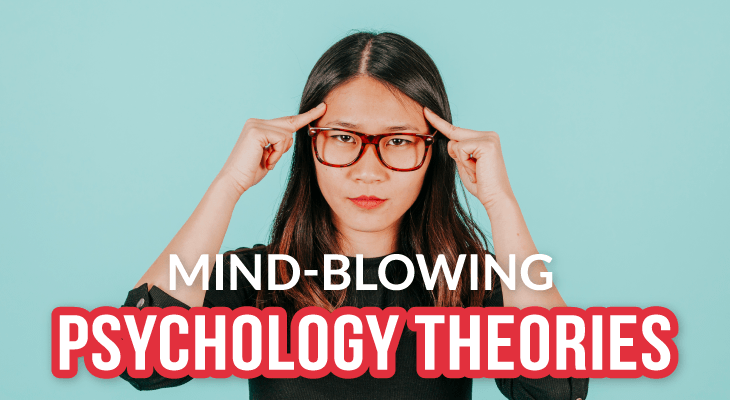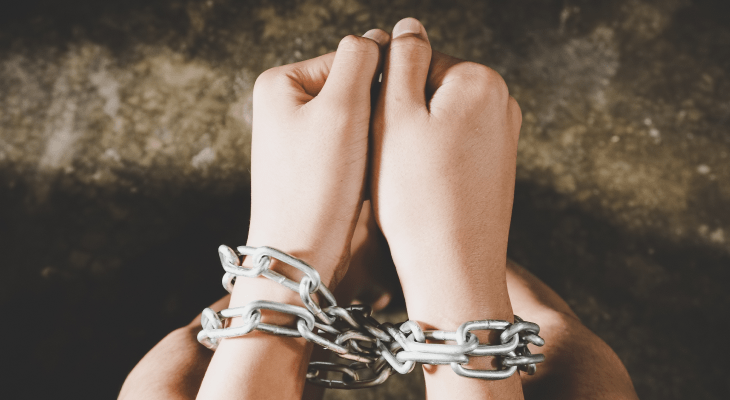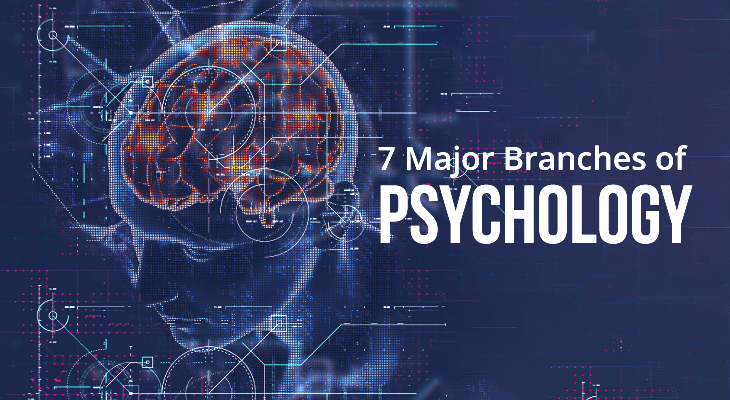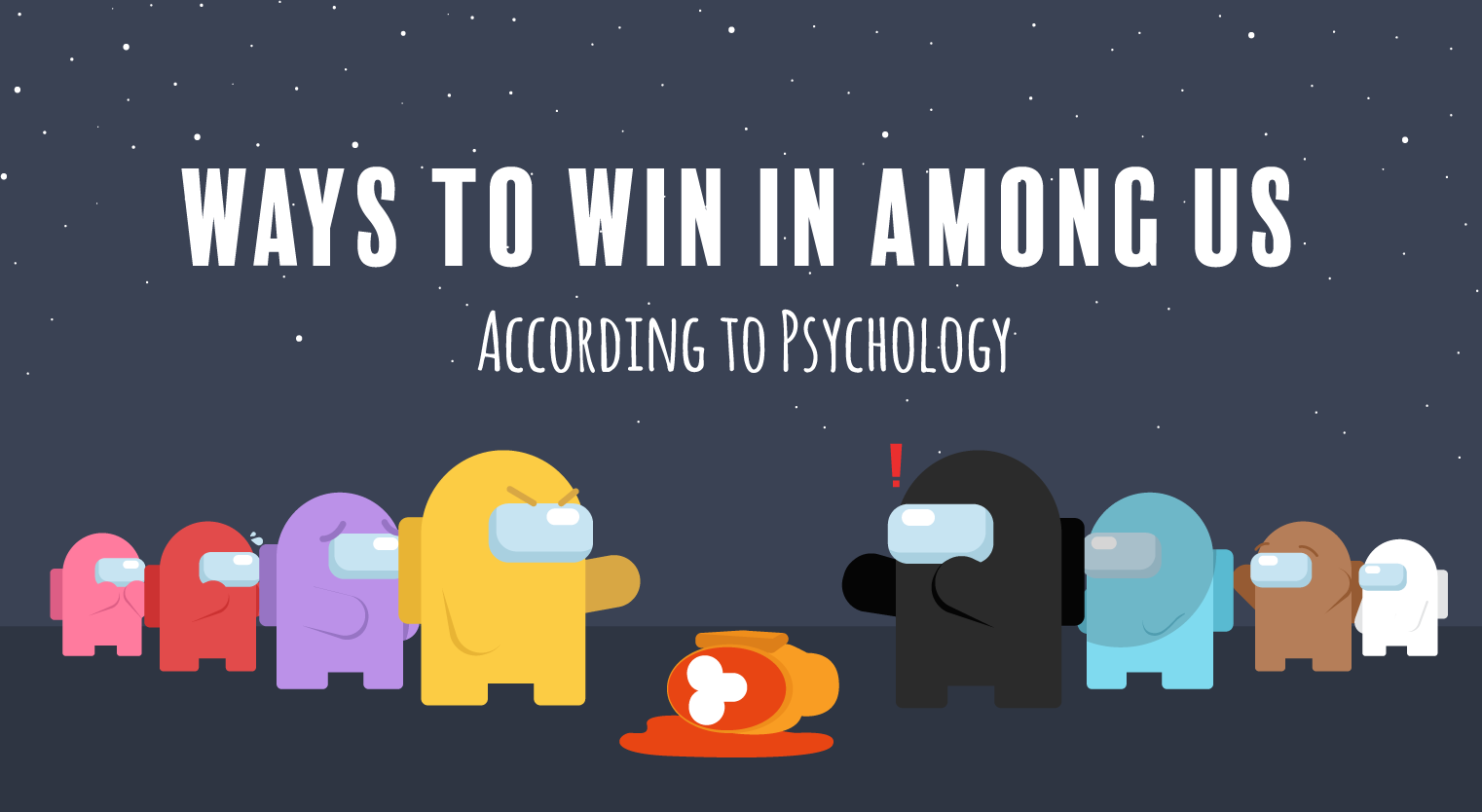Have You Heard of These 7 Mind-Blowing Psychology Theories?
Are you fascinated with how the human mind works? Check out these interesting psychological theories and behaviours!
Updated 25 May 2022

Think you know what psychologists do? Well, they do more than just sit on a couch listening to sob stories. They also conduct studies to analyse people's thought processes and behaviour and use their findings to help individuals make decisions, improve their relationships, understand events and tackle mental health issues.
If you’re interested in learning more about psychology, buckle up because you’re about to be intrigued by these fascinating psychology theories.
#1. Pavlovian conditioning

Does your urge to pee get stronger and stronger as you get closer to the bathroom, so much so that you feel like you can’t get to the toilet fast enough? Don’t worry, this is normal!
This behaviour can be explained through a theory called Pavlovian conditioning (also known as classical conditioning). Discovered by Ivan Pavlov, a Russian physiologist, Pavlov noticed that his dogs would salivate whenever he entered the room — even when he had no food. He then realised that the dogs had associated him entering the room with being fed, showing that the mind and body can learn to form connections between a pair of unrelated stimuli.
There are plenty of ways you can apply classical conditioning to your daily life, such as eliminating a bad habit by breaking the “cue” associated with the unwanted behaviour. For example, if you’re always reaching out for junk food every time you feel stressed, start replacing that with a gulp of water instead. After a period of time, you will stop associating junk food with stress.
#2. Cute aggression

What do you do when you see something super adorable like a cute bunny or a baby panda? Do you feel the urge to squeeze, squish or even… bite it without actually wanting to harm it? Rest assured, you’re not the only one!
This phenomenon is called cute aggression. Research published in the Frontiers in Behavioural Neuroscience journal suggests that many people experience cute aggression when a neurochemical roller coaster caused by “cuteness overload” occurs in their minds. This is your mind’s way of balancing itself when faced with an overwhelming positive feeling, resulting in a strange yet intense reaction towards painfully cute, tiny beings.
Why is this useful? Well, it could be to ensure that we don’t end up cooing at a baby so long that we end up forgetting to actually care for it!

Monash University Malaysia
Bachelor of Psychology
✓Accredited by the Australian Psychology Accreditation Council (APAC)
#3. Placebo effect

Your mind has an extremely powerful influence on your body. By simply believing that something will affect you, it can actually cause the effect to happen. This is known as the placebo effect.
For example, in instances where doctors have given patients a placebo (inactive medicine with no treatment value) such as sugar pills, distilled water or saline solution instead of the real medication, patients have reported that they actually feel better! One theory for why this happens is that the action of taking medication (even if it’s not real) stimulates the brain into thinking that the body is being healed.
This fascinating phenomenon shows that the human mind is able to influence the functions of our body, including easing symptoms and reducing pain. Here’s all the more reason to believe in yourself!

#4. Freudian slip

Ever mistakenly called your significant other by your ex’s name? Or said something embarrassing, like how ex-British Prime Minister David Cameron accidentally described the 2015 election as “career-defining” when he meant “country-defining”?
Well, according to psychoanalysis, you had a Freudian slip!
The Freudian slip, also known as the “slip of the tongue”, is named after renowned neurologist and psychoanalyst, Sigmund Freud. Freud believed that a lot of our thoughts are suppressed within our subconscious because they’re deemed unacceptable by societal standards. As a result, these thoughts sometimes escape by mistake through our dreams or speech.
So the next time you decide to talk to your crush, stay focused so you don’t make a drool fool of yourself!
Apply for university with EduAdvisor
Secure scholarships and more when you apply to any of our 100+ partner universities.
Start now#5. Spiral of silence

Do you get annoyed when most of your friends agree to a place for lunch — except for you? Yet, you remain silent and follow your friends anyway.
Why didn’t you say anything? Well, you may be experiencing the spiral of silence.
Proposed by German political scientist Elisabeth Noelle-Neumann, this theory states that people tend to remain silent when they have conflicting views with the majority. One of the reasons is due to the fear of being isolated and rejected by the people they don’t agree with. People also prefer to be part of the majority so that they don’t lose their positions in life (e.g. job, friendship, relationship).
While it’s one thing to stay silent about lunch plans, being pressured to do things you’re not comfortable about, such as skipping class or bingeing an alcohol, is a whole different story. Know that it’s okay to say “no” and stay firm in your beliefs.

Monash University Malaysia
Bachelor of Psychology
✓Accredited by the Australian Psychology Accreditation Council (APAC)
#6. Misinformation effect

Believe it or not, your memory is unreliable. Despite the fact that you and a friend may have experienced the same event, both of you may have contrasting memories due to a phenomenon called the misinformation effect.
Studied extensively by psychologist Elizabeth Loftus, participants of an experiment watched a video of a car crash and were asked: “How fast were the cars going when they hit each other?” or “How fast were the cars going when they smashed into each other?”. Those who were asked the “smashed into” question were more likely to inaccurately state that they had seen broken glass.
This misinformation effect happens when you are exposed to misleading questions or information about the event, distorting your memory so much that it could lead to the formation of false memories.
So, the next time you want to recall something important, be sure to jot it down or record it immediately!

#7. Stockholm syndrome

If you were ever kidnapped, what would you do? Would you attempt to murder your captor, pretend to be dead or develop a bond with your kidnapper? Though the third option may sound far-fetched, it is not unlikely if you’re experiencing Stockholm syndrome.
The term Stockholm syndrome was coined by the media after a robbery that took place in Stockholm, Sweden in 1973. During the robbery, 4 hostages were abducted, but strangely, after being released, the hostages defended their captors and did not want to testify against them in court.
Odd as you may think, this psychological condition occurs as a survival strategy when in captivity. Psychologists believe that the bond is developed when the kidnapper threatens the life of their captives but then decides against it. Relieved that their lives are spared, the captives eventually feel thankful and grateful towards the captor.
Can you relate to any of the theories above? Let us know which of these psychological theories you’ve experienced in the comments below!






